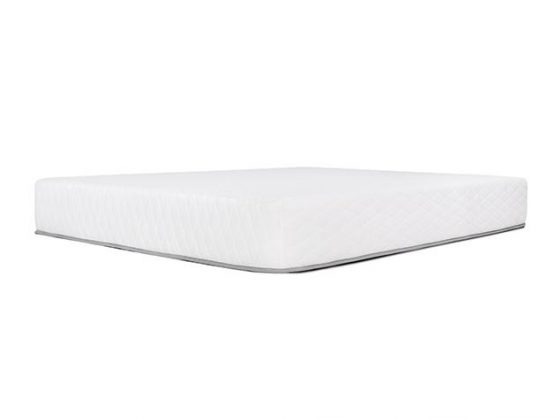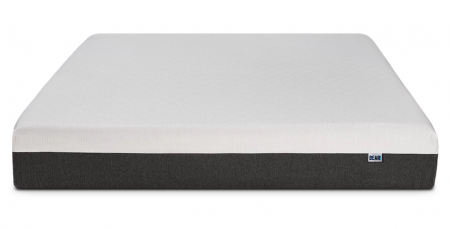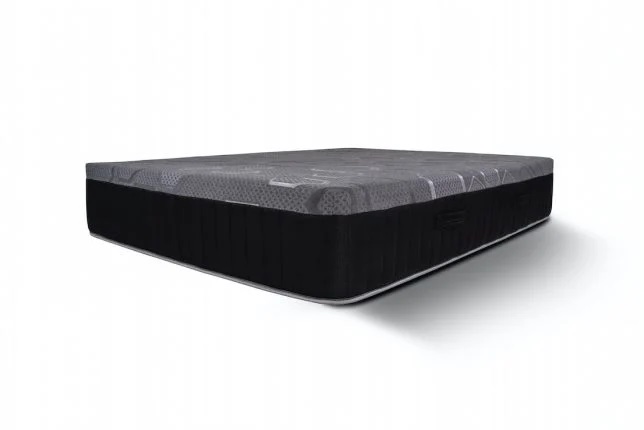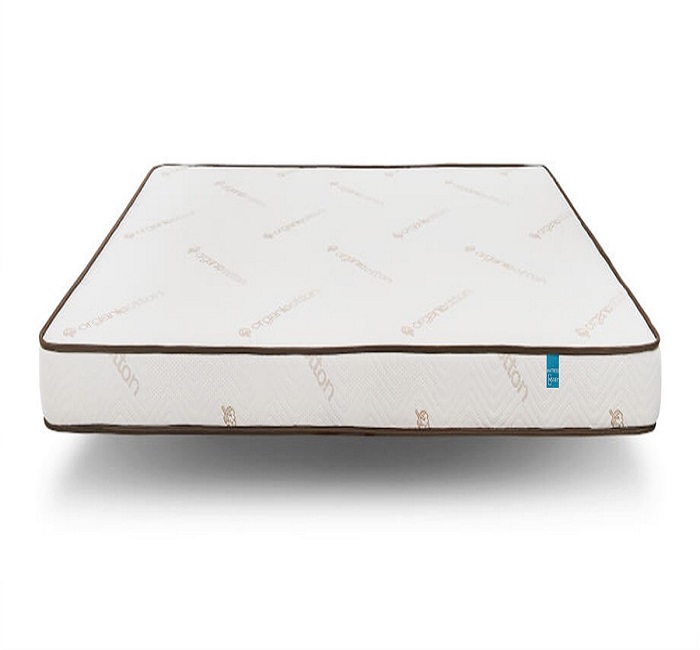RV mattresses also tend to be much thinner and lighter than standard mattresses. The average height of an RV mattress is six to eight inches, while the average standard mattress measures 10 to 11 inches thick. Most RV mattresses weigh between 50 and 75 pounds.
Choosing the Right Mattress for Your RV
For many RV owners, selecting the right bedding comes down to a simple choice: RV mattress, or RV mattress topper?
RV Mattress Toppers
The term ‘topper’ refers to an individual cushioning layer that provides extra padding for sleep surfaces. Measuring 1 to 3 inches thick, they offer a more comfortable sleep experience than mattress pads or protectors, which are primarily designed to shield mattresses from stains.
Mattress toppers are suitable for RVs with pull-out sofas that do not have sufficient room for a mattress, or RVs with built-in beds featuring mattresses that are often thin, excessively firm, and difficult and/or expensive to replace.
Just like RV mattresses, toppers can be made from a variety of materials. These include traditional mattress materials like foam and latex, as well as wool, feathers, convoluted (egg crate) polyfoam, and synthetic fibers. To learn more about topper options, please visit our Best Mattress Toppers guide.
Some RVs feature bunk beds that are too small to fit anything larger than an RV Bunk or RV Twin size mattress. In other RVs, the bed will accommodate an RV mattress of any size.
In the following sections, we review popular mattress options for different types of RVs.
RV Mattresses for Motorhomes
The term motorhome refers to any RV that can be driven, as opposed to those that require towing, but — unlike other large vehicles — they do not require a commercial driver license (CDL). Motorhomes are typically the most expensive RVs on the market, as well as the largest. They are divided into three class categories:
- Class A: This is the largest category of motorhome, with some models measuring up to 50 feet in length. They have the largest amount of space, and often come with a wide range of features — including sleeping quarters that fit RV mattresses of any size, though some may be equipped with bunks.
- Class B: Easier to drive and less expensive than Class A motorhomes, Class B models usually measure between 30 and 40 feet in length. They feature smaller interiors with abundant storage spaces underneath the fixtures. To save space, many come with smaller built-in beds that work best with a mattress topper or RV bunk size; others have enough room to accommodate RV mattresses of any size.
- Class C: Unlike Class A and Class B motorhomes, Class C models are built onto the chassis of existing trucks with doors that provide access between the cab and the motorhome interior. They usually measure 20 to 30 feet in length. Most Class C motorhomes do not have enough space for full beds, and instead feature pull-out sofas or beds located above the driver’s cab. A mattress topper usually works best in these RVs.
RV Mattresses for Fifth Wheel Trailers
Fifth wheels are the largest category of towable trailers. They are named for a coupling that attaches the towing vehicle to the trailer that provides more flexibility and easier maneuvering, particularly during turns and when the towing vehicle is moving in reverse. Most fifth wheel trailers are large enough to fit full beds with RV mattresses of any size, but some have bunks with a more limited size range.
RV Mattresses for Travel Trailers
Travel trailers are fairly long and feature an assortment of built-in features for more convenience, but without the fifth wheel coupling they are more difficult to maneuver when towing — and it is virtually impossible for the towing vehicle to back up. They also tend to be narrower and have less interior space, and most feature fold-out beds that can be used with mattress toppers.
RV Mattresses for Pop-Up Trailers
These are generally the smallest towable trailers with sleeping quarters, and are designed for occasional campouts and relatively short road trips. They do not feature many — if any — built-in features. They also tend to be fairly short; as a result, thicker mattresses are not recommended — and mattress toppers may be the best option.
Most Comfortable Types of Mattresses for RVs
When choosing a mattress for an RV, material composition is another important factor. The next table lists the most common RV mattress types by material, as well as pros and cons for RV owners who use them.




